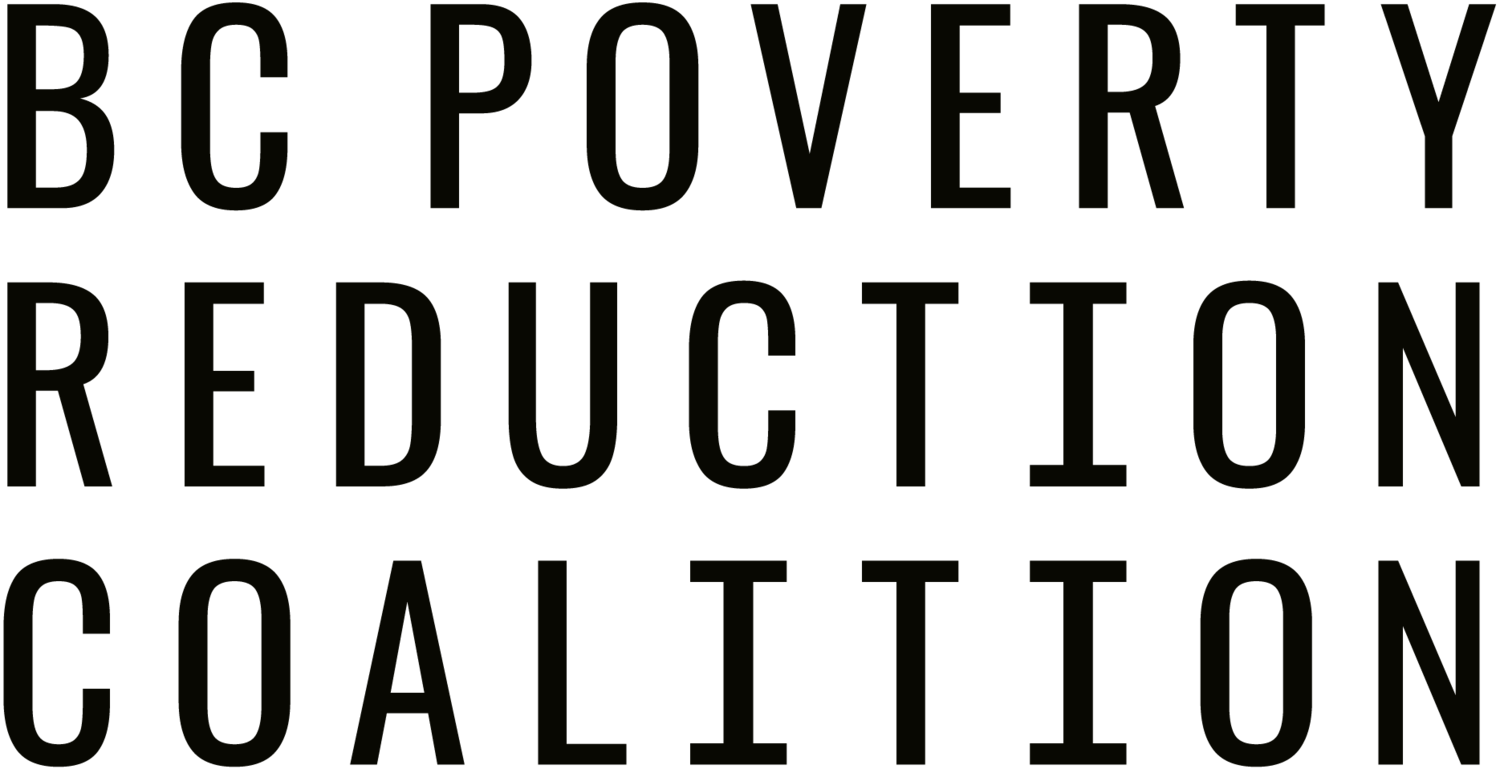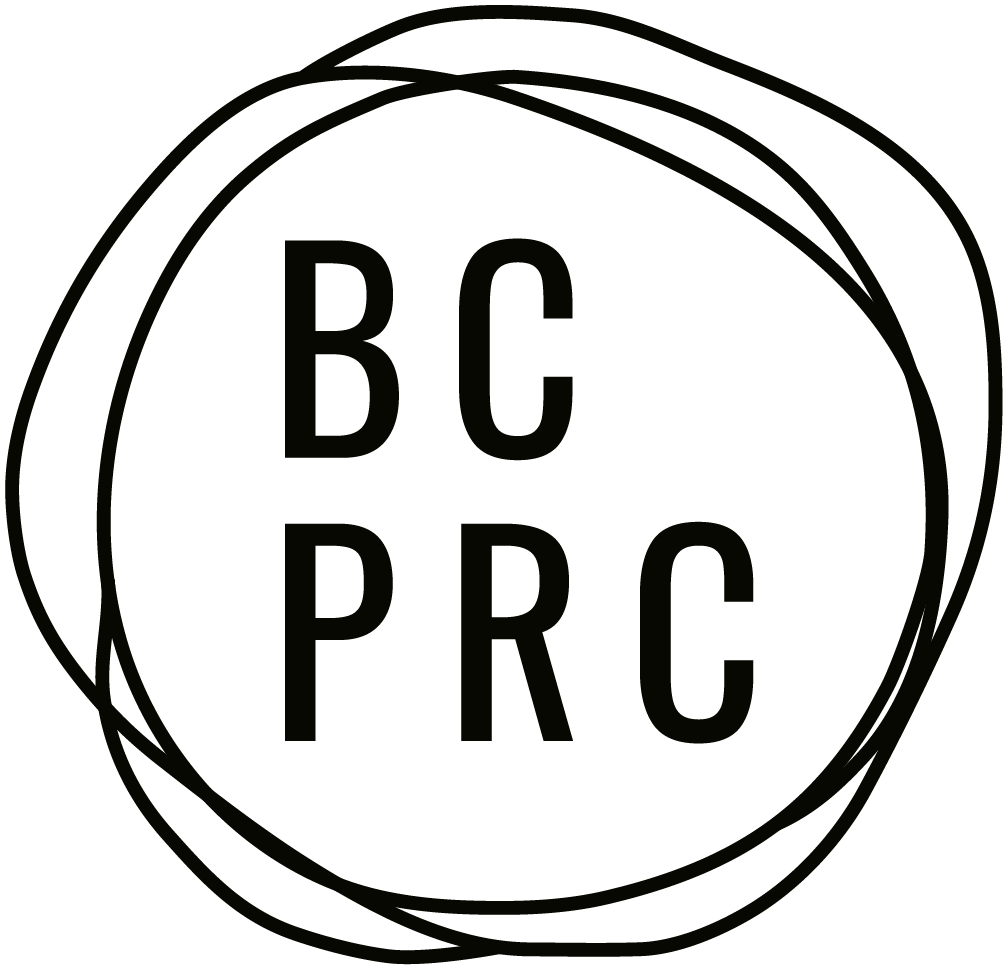Call to action: reinstate the City of Vancouver’s “SRO Vacancy Control Bylaw”
SRO vacancy control is needed, and it is needed now.
Sent to Minister Ravi Kahlon, Minister Sheila Malcolmson, Premier David Eby, MLA Joan Philips, Mayor and Council of the City of Vancouver on April 3, 2024
Written by Chantelle Spicer, BC Poverty Reduction Coalition
I am writing to you today on behalf of the BC Poverty Reduction Coalition, calling on you to act quickly and decisively on an important issue - putting the City of Vancouver’s “SRO Vacancy Control Bylaw” back in place during this legislative sitting.
In the City of Vancouver, there are 3,305 vulnerable tenants living in 92 Single Room Occupancy hotels (SROs), which are recognized as housing of last resort before homelessness. Increasingly, rents are rising well above what current SRO tenants can afford:
- Over 85% of SRO tenants report income assistance or old age pension as their main source of income, meaning they rely on the $500 shelter allowance.
- According to the City’s latest statistics (2023), the average rent in private SROs is $736, with over 60% of tenants paying over half their income on rent.
- A third of private SRO buildings have seen extraordinary rent increases of 4% to 17% each year over the past decade – the majority of this being driven by speculative investment.
Why are rents rising so rapidly in SROs?
Under the RTA, there is no limit to rent increases between tenancies; but SROs are particularly susceptible to rent increases because:
- SRO tenants are vulnerable and easy to evict on an individual level, as well as at a building-wide level.
- The annual tenant turnover rate in SROs is over 40%, as compared to 11% citywide.
- SRO rents were historically low, tracking with welfare rates, but now many buildings are “breaking out” to cater to different demographics.
- The vacancy rate in SROs is at an historic low of <2%.
To address these challenges, the City of Vancouver adopted almost unanimously the SRO Vacancy Control Bylaw in December 2021. This bylaw regulated the amount that private landlords can raise the rent in a Single Room Occupancy unit between tenancies. The bylaw was tailored to this particular municipally-regulated housing stock in key ways:
- The City was close to the ground and able to set up a simple, efficient, cost-effective system that saw full compliance.
- The onus was not on the tenant to report violations, which is important because SRO tenants do not have the resources to navigate pseudo-legal RTB processes. - Government-owned / non-profit managed buildings were excluded from the bylaw.
- Landlords who have kept rents very low (below $500), such as many Chinese Benevolent Societies, could raise rents between tenancies at a higher rate.
SROs are a form of development that all levels of government and the community want to eventually phase out of existence–vacancy control is key to allowing that to happen in a planned and sustainable manner. The City of Vancouver’s bylaw made that policy a reality.
Unfortunately, in Feb 2024 the BC Court of Appeal decided that the City of Vancouver did not have the power to create the SRO Vacancy Control Bylaw. The Court’s stated reason was that, whereas the Community Charter has modern language relating to concurrent jurisdiction, the Vancouver Charter does not. This interpretation suggests that the City of Vancouver is the only municipality in BC that does not have the jurisdiction to pass bylaws of this type.
The impact of losing this bylaw is already being felt. One of the largest buildings in the neighbourhood, the Brandiz, with over 100 rooms, is currently facing building-wide evictions. This one building alone could lead to one large tent encampment.
But there is a way for you to act quickly and decisively. A simple Municipal Enabling and Validating Act (MEVA) amendment would immediately restore the City of Vancouver’s SRO Vacancy Control Bylaw. A MEVA amendment targeting the bylaw is the fastest way to restore protections to tenants of privately-owned SROs. This is a “pause button” that you can use to give the various levels of government time to roll out further plans.
SRO vacancy control is needed, and it is needed now. You and your government have spent tremendous time, money, and resources to tackle the housing crisis. Without this protection for these most vulnerable tenants, much of that work will be undone.
I and the rest of my team look forward to working with you in the future. There is a lot of potential to create positive change, and SRO vacancy control is the next necessary step to make all of that possible.


